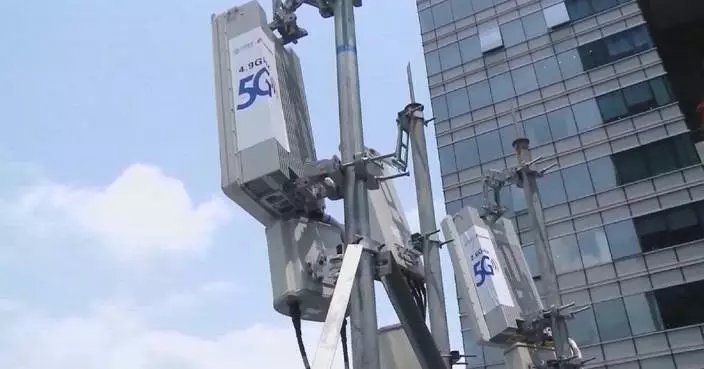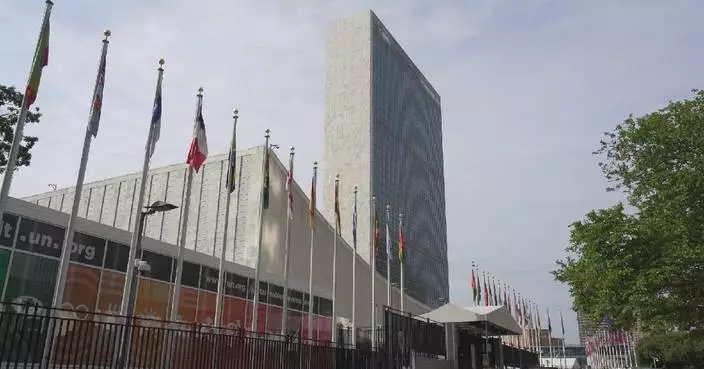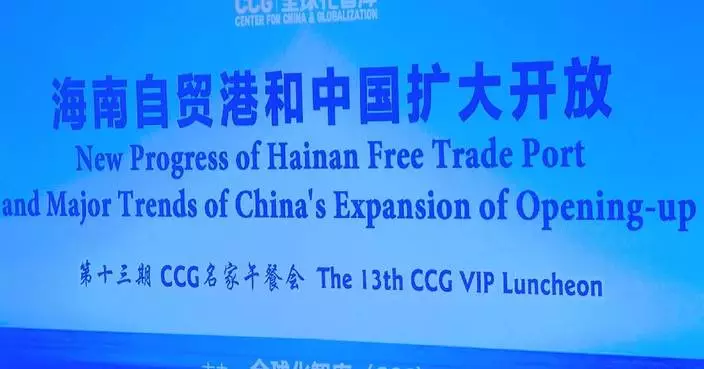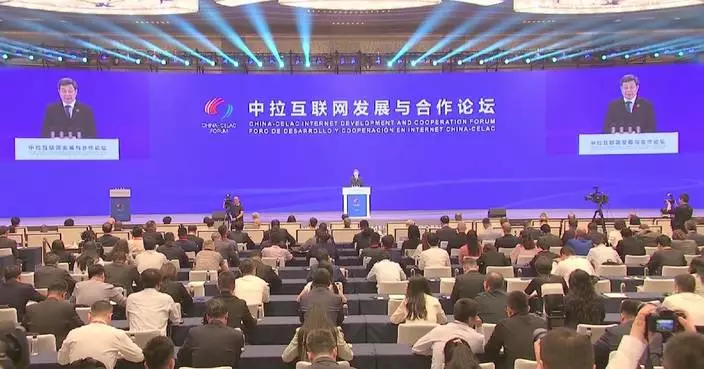Russia claimed on Tuesday that its forces had struck a Ukrainian military airport with high-precision weapons, while Ukraine, on the same day, reported destroying an oil depot of Russia.
The Russian Defense Ministry said in a briefing that on Tuesday morning, the Russian military forces deployed high-precision weaponry and combat drones to conduct a coordinated assault on a Ukrainian military airport and a military factory producing gunpowder for Ukrainian forces. All specified targets were successfully destroyed.
Meanwhile, the General Staff of the Ukrainian Armed Forces said on the same day that the Ukrainian troops launched an attack on a Russian oil depot in the Smolensk region, resulting in a powerful explosion and raging fire at the facility.
The Ukraine side also asserted that the depot had served as a critical supply point for Russian military operations.
Reports from the Ukrainian air force detailed that throughout the year of 2024, Ukrainian forces shot down more than 1,300 various types of Russian missiles, 11,200 attack drones, and 40 Russian military aircraft.

Russia strikes Ukrainian military airport, Ukraine destroys Russian oil depot
At precisely 07:15 each morning, veteran meteorologist Tsering Dekyi launches a weather balloon from Lhasa Meteorological Station, continuing a ritual that has documented the remarkable transformation of the capital city of southwest China's Xizang Autonomous Region over half a century.
For 26 years, Dekyi has maintained this precision-critical routine where even a one-second delay constitutes a professional failure.
"Attention to details is vital. The tiniest error can cause disaster. A mistake of just 0.1 in the data input can have a major impact," she said.
As the balloon rises into sky, it captures atmospheric readings while revealing panoramic views of Lhasa's evolving skyline, where ancient temples now neighbor modern infrastructure.
The daily launches, conducted at optimal atmospheric conditions, showcase how this ancient city harmonizes heritage with development. Through the lens of balloon-mounted cameras, prayer-flag adorned rooftops give way to sprawling new residential districts and the gleaming Lhasa-Nyingchi railway terminus.
Meteorological balloons have risen from this station since the 1970s, their flight paths unintentionally chronicling urban expansion. Where observers once saw mostly farmland, they now document a regional hub with highways radiating across the plateau and solar farms powering growth.
As Dekyi watches another balloon shrink to a dot, its sensors will transmit real-time updates about the rarefied air above one of Asia's fastest-transforming cities, where tradition and progress share the same horizon.

Weather balloons witness Lhasa's remarkable transformation






















































